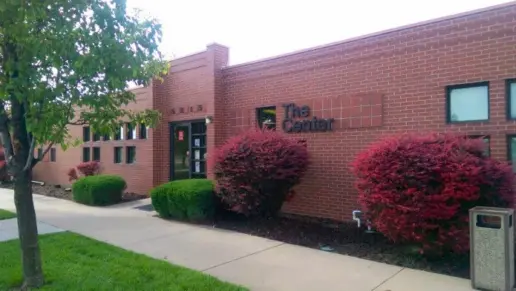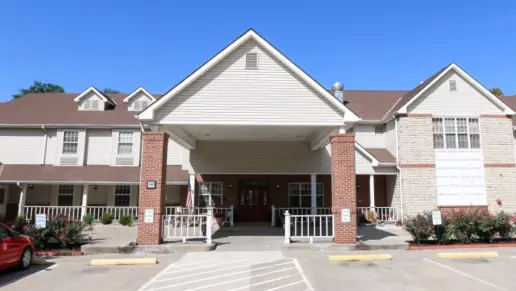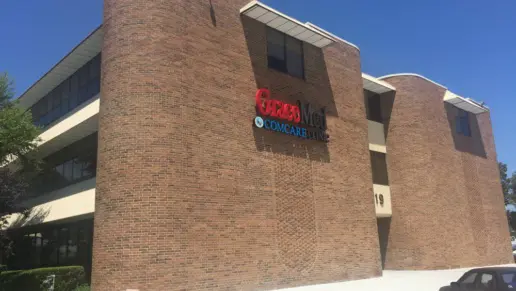About DCCCA
Located in Lawrence, Kansas, DCCCA offers community-based services for children, youth and adults. They run non-medical detox, women’s inpatient drug rehab treatment as well as intensive outpatient services for adults of any gender.
Non medical detox provides individuals with a safe and clean environment to withdraw from illicit substances. Individuals will have access to care and supervision 24/7 as they move through the withdrawal symptoms. Generally after detox, clients step down into residential treatment.
First Step at Lake View is a women-only inpatient treatment facility for substance abuse. Women can access treatment without separating from their children. Children of women in treatment will attend an on-site licensed child care or attend school during treatment hours. During meals, free time and bedtime, mothers will benefit from training from staff to learn how to parent without substances. Staff may help them access community resources to address all of their children’s needs. Pregnant mothers will receive well-baby programming.
IOP involves nine hours of treatment each week and may involve a combination of individual and group therapy, health and wellness exploration, mental health services, parenting training, life skills coaching and more. Case managers will assist with job hunting, safe housing and continuing education support.
DCCCA also works with individuals who are uncertain if they have substance use issues. The staff at this facility can help them answer that question.
DCCCA accepts most insurance providers such as Magellan Health, Kaiser Permanente, Bright Health and Wellmark. Please check with your insurance company regarding your coverage details as out of network benefits may vary. This facility also offers an income-based sliding fee scale for those who self pay for services.
Latest Reviews
Rehab Score
Gallery
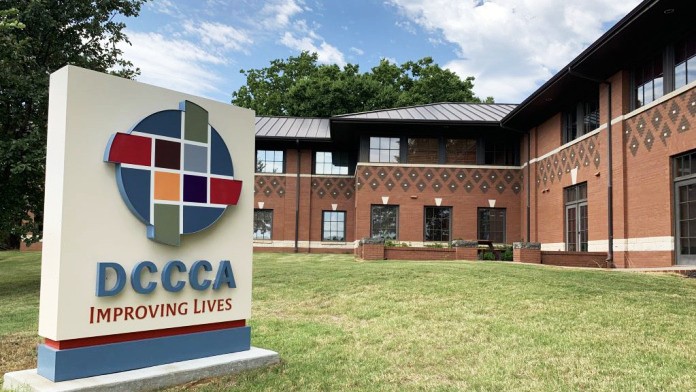
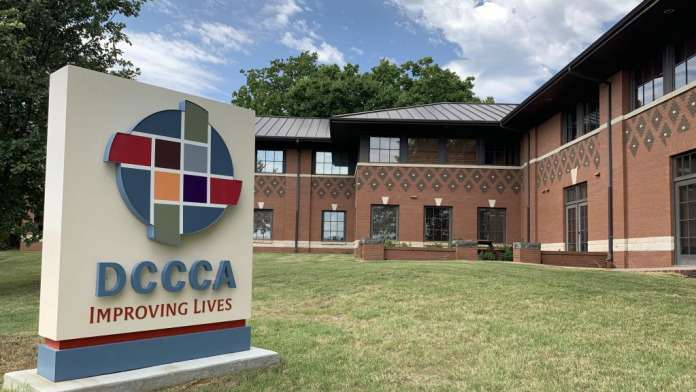
Location
Other Forms of Payment
Private insurance refers to any kind of healthcare coverage that isn't from the state or federal government. This includes individual and family plans offered by an employer or purchased from the Insurance Marketplace. Every plan will have different requirements and out of pocket costs so be sure to get the full details before you start treatment.
Self-pay involves paying for treatment out of your own pocket. You can use savings or credit, get a personal loan, or receive help from family and friends to fund your treatment. If you don't have insurance or your insurance plan doesn't cover a specific program, self-pay can help ensure you still get the care you need.
Sliding scale payments are based on a client's income and family size. The goal is to make treatment affordable to everyone. By taking these factors into account, addiction recovery care providers help ensure that your treatment does not become a financial burden to you or your family, eliminating one barrier to care.
Medicare is a federal program that provides health insurance for those 65 and older. It also serves people under 65 with chronic and disabling health challenges. To use Medicare for addiction treatment you need to find a program that accepts Medicare and is in network with your plan. Out of pocket costs and preauthorization requirements vary, so always check with your provider.
Military members, veterans, and eligible dependents have access to specific insurance programs that help them get the care they need. TRICARE and VA insurance can help you access low cost or no cost addiction and mental health treatment. Programs that accept military insurance often have targeted treatment focused on the unique challenges military members, veterans, and their families face.
Medicaid is a state based program that helps lower-income individuals and families pay for healthcare. Medicaid covers addiction treatment so those enrolled can use their coverage to pay for rehab. When a program accepts Medicaid the client often pays very little or nothing out of their own pocket.
Addiction Treatments
Levels of Care
Treatments
A combined mental health and substance abuse rehab has the staff and resources available to handle individuals with both mental health and substance abuse issues. It can be challenging to determine where a specific symptom stems from (a mental health issue or an issue related to substance abuse), so mental health and substance abuse professionals are helpful in detangling symptoms and keeping treatment on track.
Opioid rehabs specialize in supporting those recovering from opioid addiction. They treat those suffering from addiction to illegal opioids like heroin, as well as prescription drugs like oxycodone. These centers typically combine both physical as well as mental and emotional support to help stop addiction. Physical support often includes medical detox and subsequent medical support (including medication), and mental support includes in-depth therapy to address the underlying causes of addiction.
Programs

Clinical Services
Research clearly demonstrates that recovery is far more successful and sustainable when loved ones like family members participate in rehab and substance abuse treatment. Genetic factors may be at play when it comes to drug and alcohol addiction, as well as mental health issues. Family dynamics often play a critical role in addiction triggers, and if properly educated, family members can be a strong source of support when it comes to rehabilitation.
Group therapy is any therapeutic work that happens in a group (not one-on-one). There are a number of different group therapy modalities, including support groups, experiential therapy, psycho-education, and more. Group therapy involves treatment as well as processing interaction between group members.
In individual therapy, a patient meets one-on-one with a trained psychologist or counselor. Therapy is a pivotal part of effective substance abuse treatment, as it often covers root causes of addiction, including challenges faced by the patient in their social, family, and work/school life.
Contact Information
3312 Clinton Parkway
Lawrence, KS 66047
